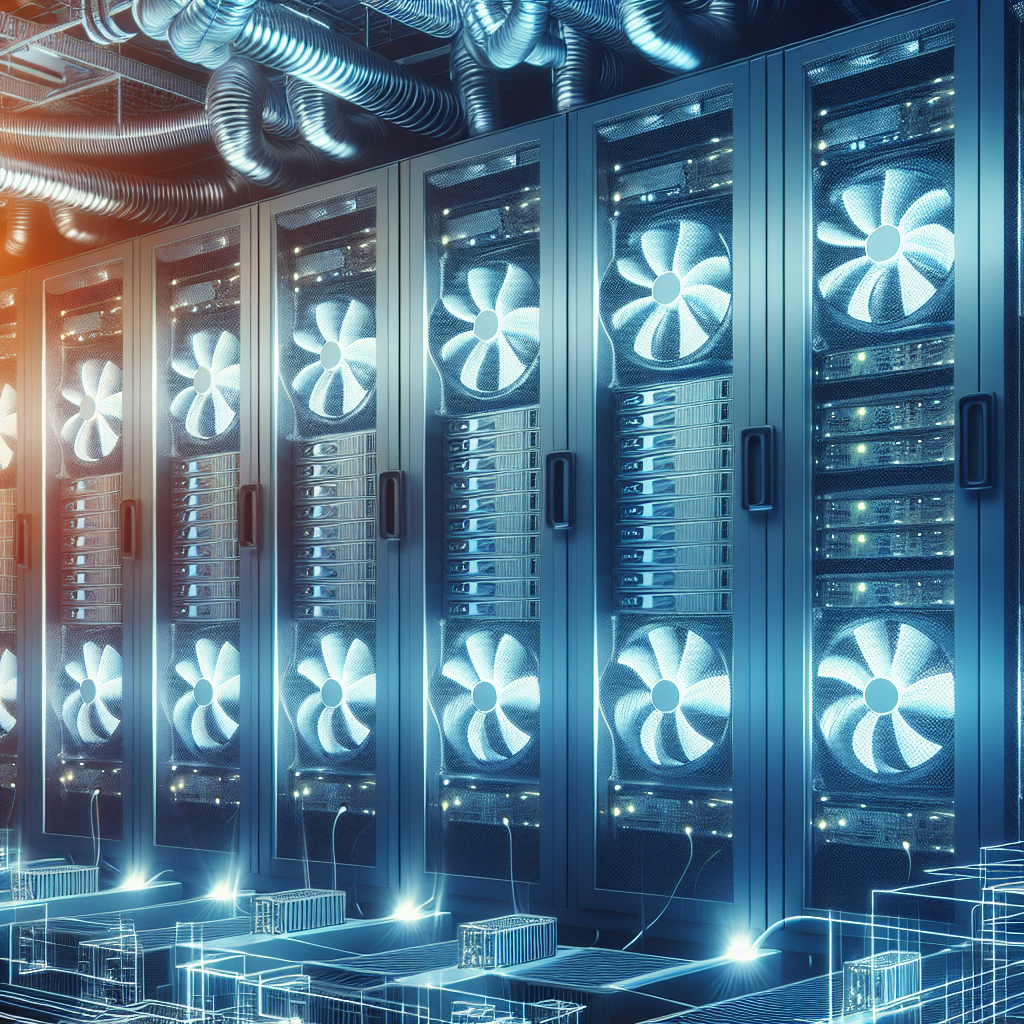In today’s digital age, data centers are the backbone of many businesses and organizations, housing critical information and applications that keep operations running smoothly. With the increasing demand for data storage and processing power, data centers are becoming larger and more complex, making it essential to ensure their reliability and efficiency.
One of the key factors that can impact the reliability of a data center is its cooling system. Data centers generate a significant amount of heat due to the constant operation of servers and other equipment. Without proper cooling, this heat can lead to equipment failure, downtime, and even data loss.
To ensure the reliability of a data center, effective cooling strategies must be implemented. Here are some key considerations to keep in mind:
1. Proper airflow management: Airflow management is crucial in maintaining the optimal operating temperature of servers and other equipment. Hot air should be efficiently removed from the data center, while cool air should be directed to where it is needed most. This can be achieved through the use of containment systems, hot aisle/cold aisle configurations, and strategic placement of cooling units.
2. Redundancy: Redundancy is essential in ensuring the reliability of a data center cooling system. This includes having backup cooling units, power sources, and controls in place to prevent any single point of failure from causing downtime or equipment damage.
3. Monitoring and maintenance: Regular monitoring and maintenance of the cooling system are essential to identify potential issues before they escalate into larger problems. This includes checking for leaks, cleaning filters, and ensuring that cooling units are operating at peak efficiency.
4. Energy efficiency: Energy efficiency is not only important for reducing operating costs but also for minimizing the environmental impact of a data center. By implementing energy-efficient cooling solutions, such as free cooling or liquid cooling, data centers can reduce their carbon footprint while maintaining reliability.
5. Scalability: As data centers continue to grow and evolve, it is important to ensure that cooling systems can scale accordingly. This may involve upgrading existing equipment, adding additional cooling units, or implementing new technologies to meet the increasing demands of the data center.
In conclusion, ensuring the reliability of a data center through effective cooling strategies is essential for maintaining uptime, protecting valuable data, and maximizing operational efficiency. By implementing proper airflow management, redundancy, monitoring, energy efficiency, and scalability, data center operators can create a reliable and sustainable cooling system that meets the demands of today’s digital world.


Leave a Reply